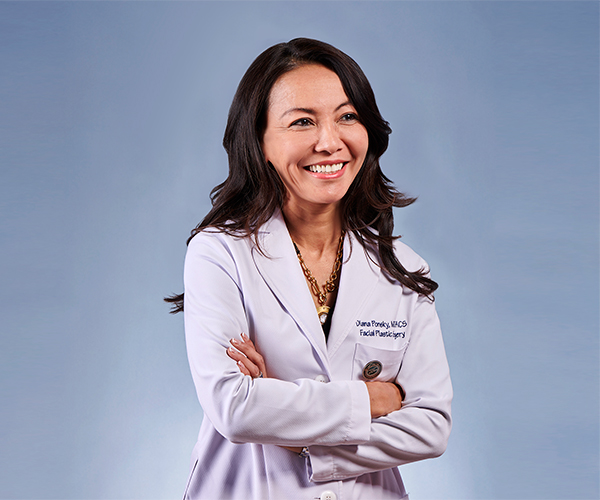From menstrual cramps, excessive bleeding and fertility problems to migraines, bone loss and menopausal symptoms, Liu has been at the forefront of research to not only understand the biological processes behind women’s health issues, but also to create commercially viable products and therapies to treat them.
His name is one of those behind therapies such as Lupron, a commonly used invitro fertilization drug, and NovaSure, a treatment for excessive bleeding that allows women to avoid hysterectomy. A professor at Case Medical School, he’s studied the connections between migraines and the menstrual cycle, and how new menopause therapies can lessen unwanted side effects. And he’s even working with a company to develop a medicated tampon that eases menstrual cramps.
Liu’s role is to “take a concept that’s scientifically valid and adapt it to something that can be used clinically,” he says. “I’m kind of in the middle saying, ‘OK, how do we apply this to a clinical problem, tailor it to a particular population and get it through the FDA and to market?’ ”
He is also still quite active in one-on-one patient care as one of UH’s top fertility specialists.
A native of mainland China and the son of two missionary physicians, Liu spent part of his childhood in what is now Malaysia, where his parents worked at a Methodist outpatient clinic treating the country’s poor.
“Patients would bring my parents lizards to pay for their care because they didn’t have money,” remembers Liu.
His parents’ early humanitarian example stuck with Liu and his brother and sister, who are also now physicians in pediatrics and family medicine, respectively.
“When you’re researching, you can benefit more people than you yourself can treat directly. When you teach, others can go out and treat more patients than you can,” says Liu. “Your influence is much greater.”
His missionary beginnings are also evident in his concern for the health issues facing impoverished women. In collaboration with the Population Council, an international nongovernmental organization, Liu is conducting phase-three clinical trials of a new contraceptive ring that’s good for a full year. It promises to deliver safe, effective and low-cost birth control to women in developing nations. Closer to home, he says the need for better prenatal care among low-income women should be one of our nation’s top women’s-health priorities.
Liu’s work allows him to combine the personal touch of patient care with the problem solving of a researcher. “Humans are much different from lab animals,” he says. “You can be a rat doctor, but that’s not really worthwhile unless you can make it applicable to the human model. That’s where the pleasure comes from.”— Jennifer Keirn



